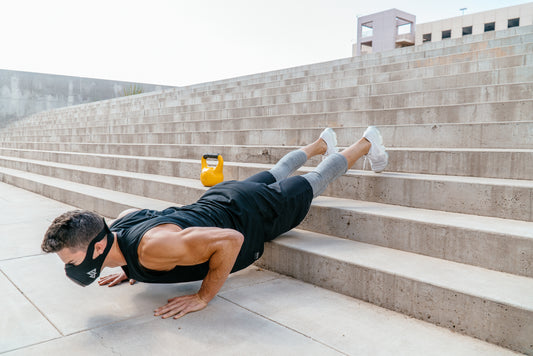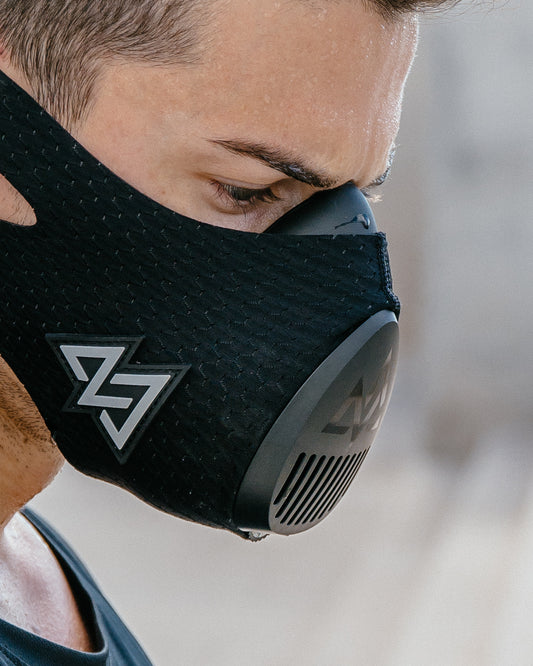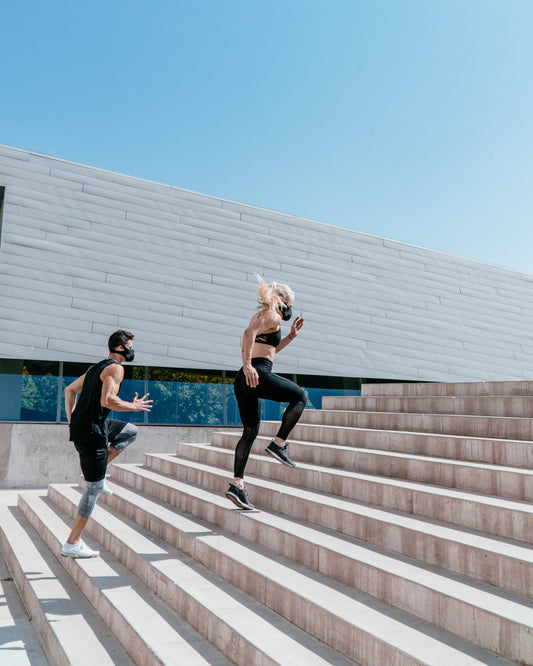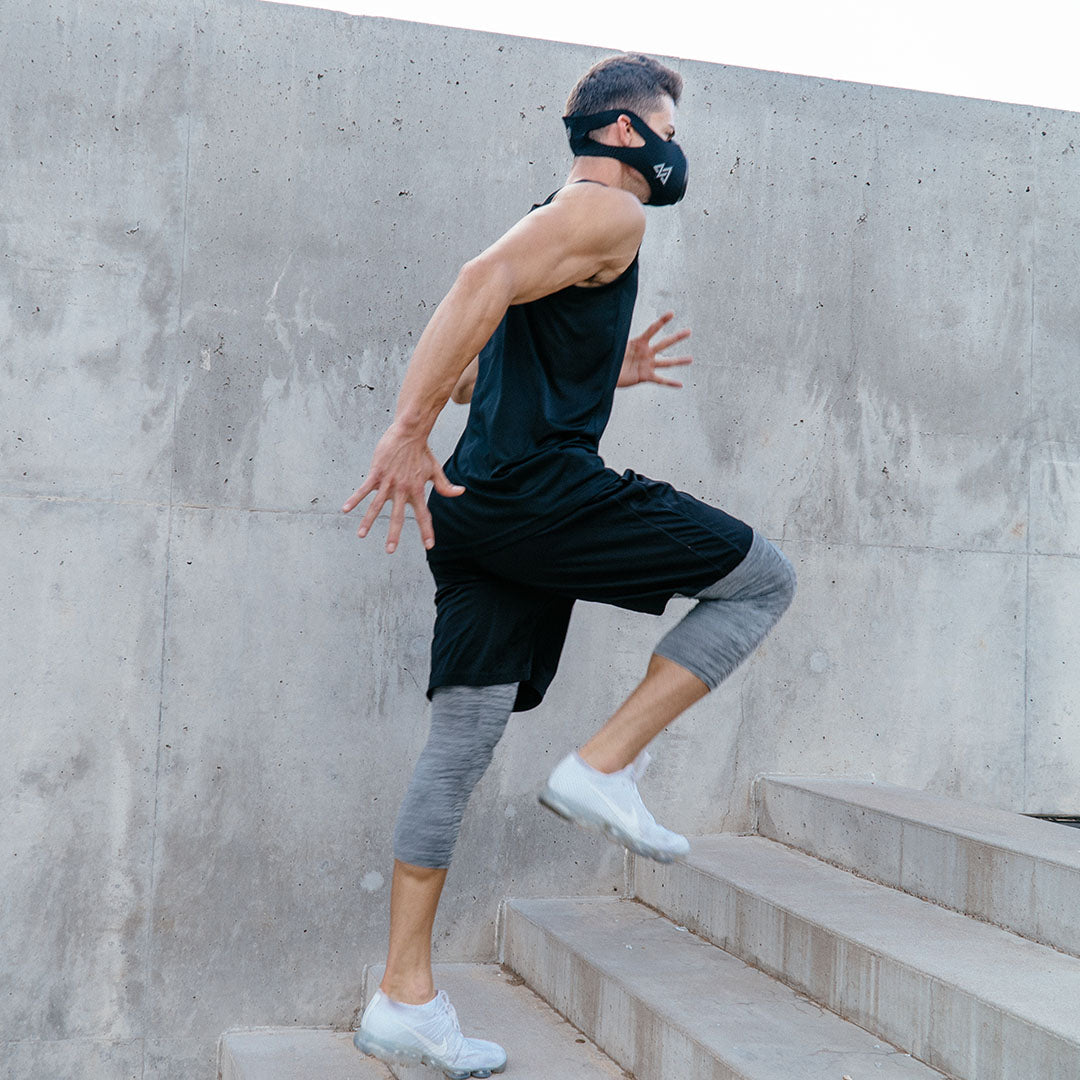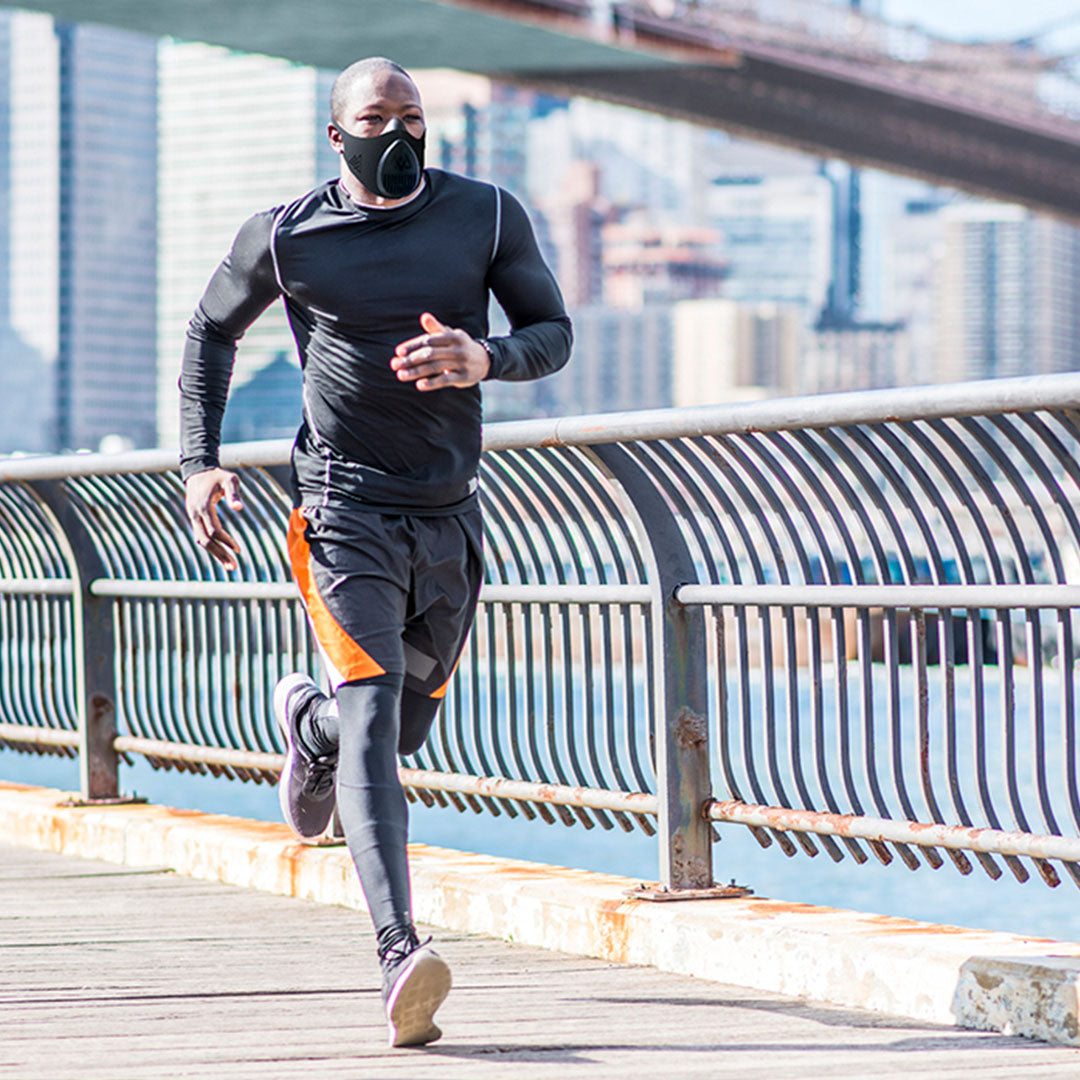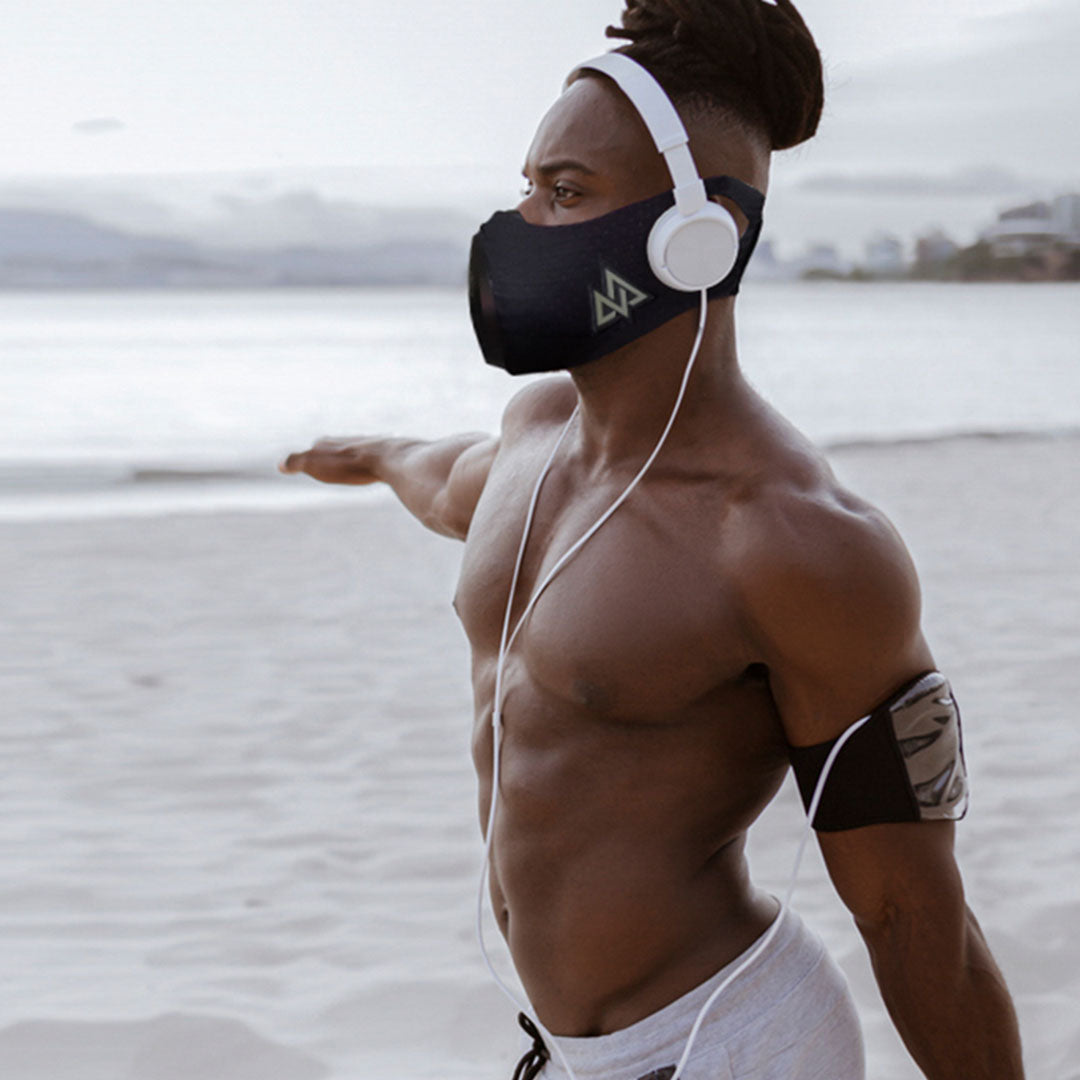Innovation is the ongoing driver of growth in the fields of fitness and sports performance. The use of training masks is one of the newest fads to sweep the industry. These novel tools have attracted interest due to their potential to boost cardiorespiratory fitness, pulmonary functions, and even hematological factors. But are training masks effective, or just another passing fad? University athletes who participate in high-intensity interval training have been shown to get significant benefits from using training masks, according to a new clinical research.
The goal of the study, authored by eminent researchers and titled "Eight Weeks of High-Intensity Interval Training using Elevation Mask Improves Cardiorespiratory Fitness, Pulmonary Functions, and Hematological Variables in University Athletes," is to determine the actual effect of training masks on athletic performance. You may read the studies in question under the "Clinical Studies & Research" section1 of the Training Mask website. The results show a novel link between training mask usage and various physiological improvements.
Improved Cardiovascular Endurance
Improving one's cardiorespiratory fitness may boost one's endurance, strength, and overall performance, making it a cornerstone of athletic excellence. The study showed that college athletes who used training masks throughout their high-intensity interval training sessions had significant gains in cardiorespiratory fitness. This study provides further evidence that the masks are crucial in facilitating development of this fundamental feature of physical preparedness.
Improved Respiratory Capacity
An athlete's capacity to provide oxygen to muscles and eliminate metabolic waste is directly related to the effectiveness of their respiratory system. According to the results of the study, pulmonary functions were significantly improved after the eight-week training session. Improved lung capacity and respiratory efficiency were seen in athletes who used training masks; this finding suggests that these masks may facilitate more effective oxygen exchange during strenuous exercise.
Optimizing Hematological Parameters
Hematological variables, which measure blood's health and oxygen-carrying ability, were also investigated to see how training masks affected them. Hematocrit and red blood cell counts were shown to increase for those who participated. These alterations point to improved oxygen delivery in the blood, which might lead to better performance and faster recuperation from exercise.
A Peek Into the Future of Education and Instruction
While skepticism always follows the introduction of a new fitness fad, the results of this clinical investigation provide significant credence to the effectiveness of training masks. High-intensity interval training using these masks led to significant enhancements in cardiorespiratory fitness, pulmonary functions, and hematological variables among collegiate athletes. These findings provide a promising path for athletes seeking to push their limitations and unleash their full potential, at a time when the fitness community is constantly looking for new strategies to maximize training.

To sum up, the clinical study presented on the Training Mask website offers a glimmer of hope to those in search of evidence-backed strategies to enhance athletic performance. The potential advantages of training masks are highlighted by the good results reported in cardiorespiratory fitness, pulmonary functions, and hematological variables. Training masks are more than a fleeting fad; they are instruments that have the potential to radically alter the way athletes practice and compete. However, additional study is needed to fully grasp the mechanisms at play.


